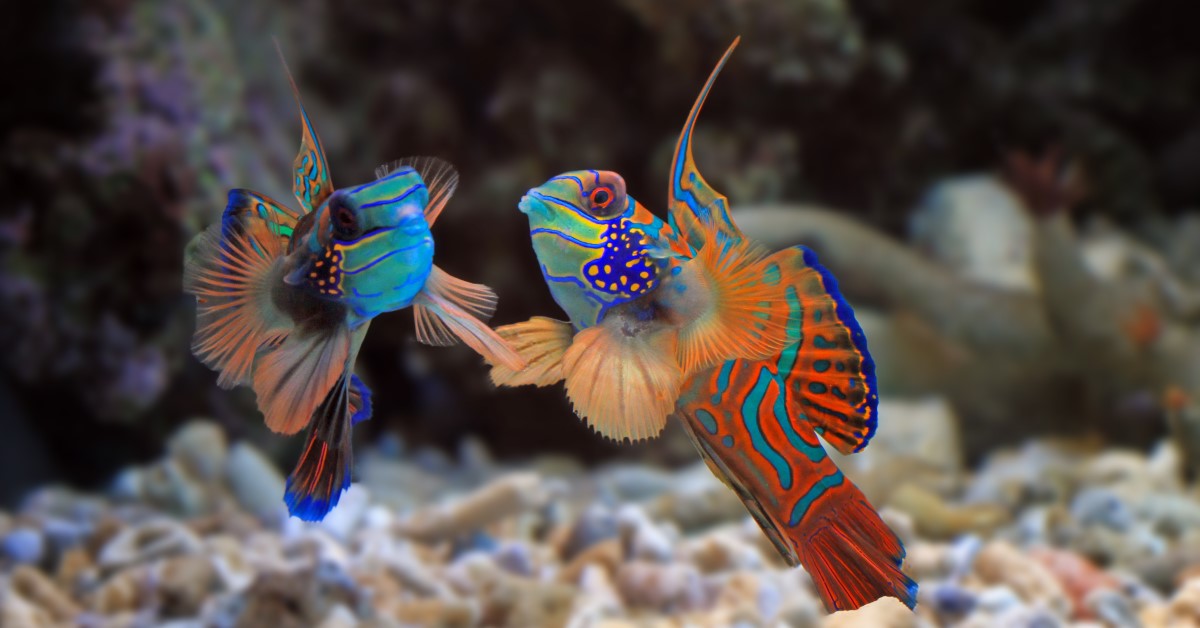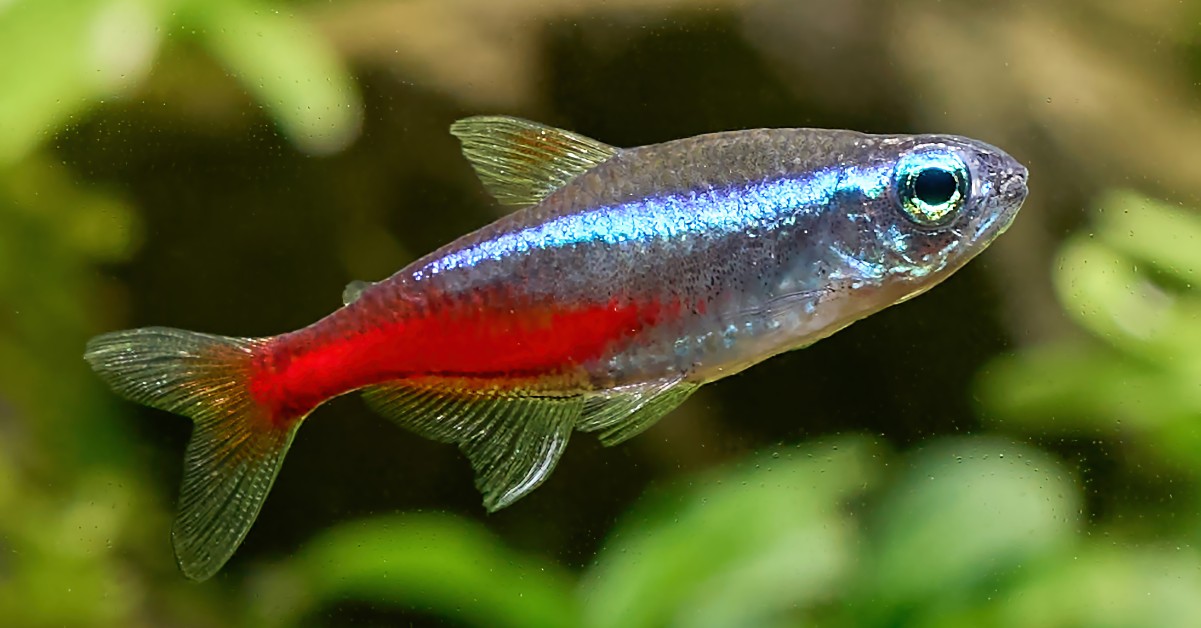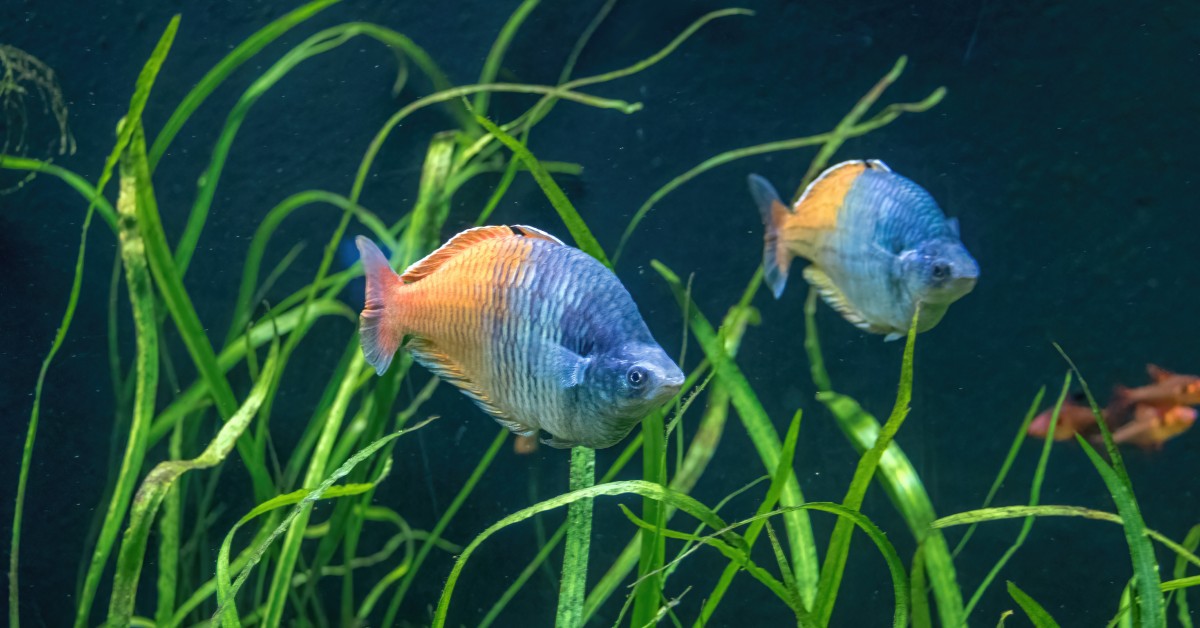Guppy Care for Beginners
Guppies are small, colorful freshwater fish belonging to the Poeciliidae family.

If your previous pet care experience has been limited to dogs and cats but you've always wanted to try caring for fish, guppies could make an outstanding choice. These tiny fish originated in South America but can now be found in aquariums all over the world, thanks to their hardiness, social nature, and minimal demands. Even so, caring for guppies involves a certain amount of knowledge and diligence on your part. Let's look at the fascinating world of guppy fish ownership.
Choosing the Right Guppy Fish
You may find yourself amazed by the sheer visual variety of guppies. They come in a wide spectrum of colors, fin shapes, and tail patterns, although they rarely exceed a couple of inches in length. But while you should have little trouble finding guppies that suit your aesthetic sense, you must make one important decision: Do you want your guppies to breed?
If you buy both male and female guppies, you can expect to own a whole tankful of the little fish very soon. The guppies' reproductive prowess may force continual tank upgrades and make care and cleaning more difficult. Many owners prefer to keep their pet population under control by selecting guppies of only one sex. However, you should keep at least three guppies at all times so your new pets can socialize.
Your Guppy Fish Tank
A few small guppies may not pose the kind of tank requirements you might expect from larger fish, but they still need sufficient space to avoid feeling crowded. A reasonably-sized fish tank will also help keep the water from getting too dirty too quickly. As a general rule of thumb, choose an aquarium that can hold one gallon of water for each guppy.
Place your guppy tank near a source of natural sunlight or equip it with a full-spectrum light during normal daytime hours. Since guppies like to go into hiding occasionally, add rocks, real or artificial plants, and PVC “caves” to complete their home away from home. Sand makes a simple, cheap substrate for the bottom of your guppy tank. As a final touch, add a bubbler to aerate the water in the tank.
Healthy, Clean Water for Guppies
Like many other aquatic pets, guppies need water with the right temperature, pH, and hardness to support their health and wellness. Ideally, you'll want to keep the water temperature between 74 and 82 degrees Fahrenheit. You can maintain this temperature range by purchasing an aquatic heater compatible with your tank.
Guppy health requires water ranging from a slightly acidic 6.8 pH to a slightly basic pH of 7.6. Luckily, most U.S. tap water will fall into this range. Guppy fish also need a water hardness of eight to 12 dGH. Test your water to see whether these levels need adjusting. If so, you can buy additive products to raise your tank's pH level and/or add minerals for greater hardness.
Guppy waste products will raise the ammonia level in the water. To prevent the ammonia from poisoning your pets, change the water and clean out the tank's interior periodically. Check the water quality every week, replacing up to 25 percent of it every two to four weeks.
Feeding Your Guppies
Guppies will happily eat all kinds of organisms as well as processed, store-bought fish food or algae flakes. An optimal guppy diet will include a mix of both. You can add diversity to your guppies' everyday routine by giving them bloodworms, mosquito larvae, brine shrimp, and bits of vegetables.
For such little fish, guppies have impressive appetites. This trait can work against them by compelling them to stuff themselves at each feeding, which can damage their health. Feed your guppies once or twice a day, but for their own sake avoid giving them more than they can consume within a minute or so.
How to Spot Potential Problems
A typical, healthy guppy will sport a clean, bright, evenly-colored body and display a normal appetite. Occasionally, however, you may spot signs of distress or illness in your guppy population. Look for symptoms such as cloudy eyes, loss of appetite, weight loss or bloating, sluggishness, fin damage, and either spots on the body or reduced coloration. A sick guppy may also swim in an uncoordinated manner.
These symptoms may indicate specific types of diseases or disorders. For instance, a guppy that has developed white spots may suffer from a common parasitic infestation called itch. Fraying of the tail or fins may stem from a bacterial infection, while loss of appetite may occur due protozoan disease associated with substandard water quality. If one of your guppies displays such issues, take it to the veterinarian for evaluation and treatment.
Put Your New Guppy Knowledge to Good Use
Now that you've gained a working knowledge of how to care for guppies, you can take the proper steps to ensure that your little friends can enjoy a healthy, serene life. Just make sure you have ready access to a veterinarian who specializes in exotic animal care. This professional can diagnose a health problem, provide any recommended treatment, and offer general advice on guppy ownership.
Ready to start saving money on pet wellness care?
Then take a look at Mint Wellness, the pet wellness plan that provides fast reimbursement on routine pet care. Save on vaccinations, wellness exams, preventatives, dental, and more!
Learn More


